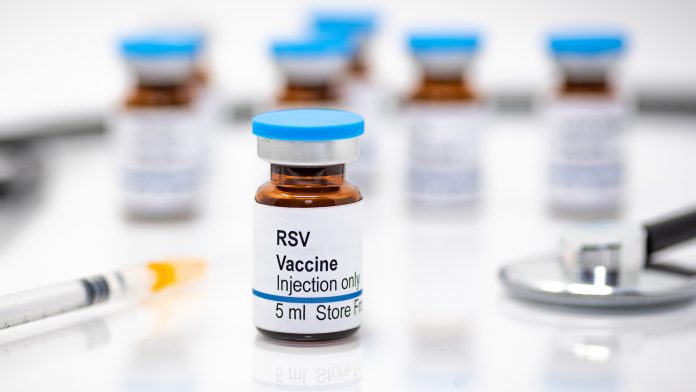
New research suggests that the medication nirsevimab can be effectively employed to prevent RSV in children, demonstrating a 74.5% efficacy against the virus.
In an international, randomised, placebo-controlled Phase 3 clinical trial, a team of researchers identified that the drug might be the world’s first immunisation against RSV in children, finding that just a single dose ensured robust protection among the general infant population for the entire RSV season.
“These exciting data show that nirsevimab has the potential to offer RSV protection for all infants, which would be a paradigm shift in the approach to this disease,” said Principal Investigator and co-author William Muller, MD, PhD, Scientific Director of Clinical and Community Trials at Stanley Manne Children’s Research Institute at Ann & Robert H. Lurie Children’s Hospital of Chicago, and Associate Professor of Pediatrics at Northwestern University Feinberg School of Medicine.
The study findings are published in the New England Journal of Medicine.
Mitigating RSV in children
Respiratory syncytial virus (RSV) is a contagious respiratory condition that infects the lungs and causes mild, cold-like symptoms and seasonal epidemics of lower respiratory tract infections. RSV in children can result in bronchitis and pneumonia and is the leading cause of hospitalisations among the infant population.
In an effort to combat RSV in children, the team performed a trial that included healthy term and later preterm – gestational age ≥35 weeks – infants who were approaching their first RSV season. Lurie Children’s experienced one of the highest enrolments among US sites in the trial.
Nirsevimab is an investigational long-acting monoclonal antibody currently under development by AstraZeneca and Sanofi. The drug is designed to safeguard infants throughout their initial season of RSV with a single dose; the monoclonal antibodies do not require the activation of the immune system to provide fast and effective protection against disease.
The trial demonstrated that nirsevimab had an efficacy of 74.5%. This is a significant advancement on the only other currently available preventative treatment for RSV – palivizumab – which is limited to high-risk infants and provides only one-month protection, needing five injections to cover the complete RSV season.
Excellent safety
A further Phase 2/3 trial analysed the safety of nirsevimab in infants with chronic lung disease, congenital heart disease, and prematurity who were entering their first RSV season. The results elucidated that nirsevimab had comparable safety and tolerability profile with palivizumab. Furthermore, results in this population of infants displayed similar protection against RSV to that in healthy term and late preterm infants.
Dr Muller commented: “We know that RSV has seen a resurgence with the easing of COVID-19 public health measures. This shows us a broad immunisation approach is needed to help mitigate the substantial global burden RSV places on infants, their families and healthcare services.”
























